China's cyberspace regulator said Sunday that products made by U.S. company Micron Technology failed its cybersecurity audits, and that the country would ban operators of some critical infrastructure from buying products from the company.
Coming as chip manufacturing technology disputes continue to rage between Washington and Beijing, the decision could apply to sectors such as telecommunications, transportation and finance, based on the Chinese government 's definition of critical information infrastructure.
“Security inspections have shown that these products carry some serious cybersecurity risks, which may pose major security risks to China's critical information infrastructure supply chain and affect national security,” the Cyberspace Administration of China (CAC) said.
Micron said it had received notice from the CAC of the findings of its inspections of products it sells in China, and it “looks forward to continuing discussions with Chinese authorities.”
The CAC did not provide details about the risks it found or a list of Micron products that would be affected.
Jefferies analysts expect the decision to have little impact on Micron, as the company's main customers in China are mainly consumer electronics companies such as smartphone and computer makers, not infrastructure providers.
“Since Micron’s DRAM and NAND products are used very little in servers, we believe that the company’s main revenue in China does not come from Chinese telecom companies and the government. Therefore, the impact of this decision on Micron is quite limited.”
Micron makes flash memory chips such as DRAM and NAND, competing with South Korea's Samsung Electronics and SK Hynix as well as Kioxia, a unit of Japan's Toshiba Corp.
Shares of SK Hynix and Samsung rose 1% and 0.5% respectively on Monday, the KS11 index rose 0.6% and Toshiba shares were flat.
Christopher Miller, a professor at Tufts University and author of “Chip Wars: The Battle for the World’s Most Important Technology,” said it was noteworthy that the CAC made the announcement while G7 leaders were meeting in Japan.
Micron announced plans this week to invest up to 500 billion yen ($3.7 billion) in extreme ultraviolet technology in Japan, becoming the first chipmaker to bring advanced chipmaking technology to a country seeking to revive its chip industry.
On Sunday, US President Joe Biden said that the G7 countries agreed to “de-risk and diversify relations with China.” The leaders also agreed to launch an initiative to counter “coercive” economic behavior.
“This could be the first test of this kind for the G7 countries,” Mr. Miller said.
The Chinese government announced it would inspect Micron products in late March. At the time, the company said it would cooperate and that its business operations in China would continue as normal.
In the dispute between the US and Chinese governments, Washington has placed a series of restrictions on exports of chip manufacturing technology to China and banned purchases of some US-made parts by Micron's rival, Yangtze Memory Technologies.
US officials, including members of a US congressional committee on competition with China, did not respond to requests for comment.
The company generated $5.2 billion in revenue from China and Hong Kong in 2022, accounting for about 16% of total revenue, according to Jefferies.
According to analysts, the majority of Micron's products in China are purchased by companies outside China to manufacture their products in the country.
In September 2021, China introduced regulations to protect critical information infrastructure, requiring operators of such infrastructure to comply with stricter requirements in areas such as data security.
The Beijing government has broadly defined a number of industries it considers “critical” such as telecommunications and transportation, but has yet to clarify what types of companies and financial sizes this definition will apply to.
Nguyen Quang Minh (According to REUTERS)
Source












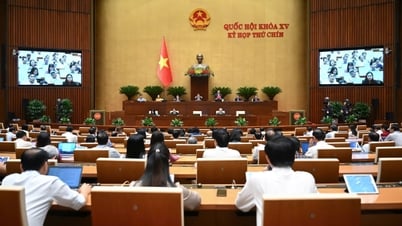
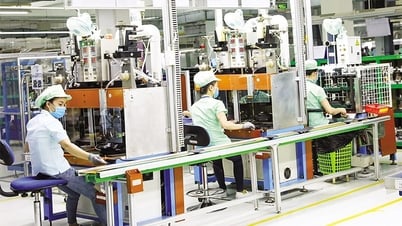






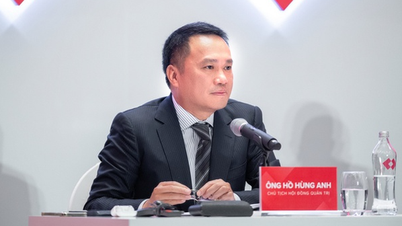



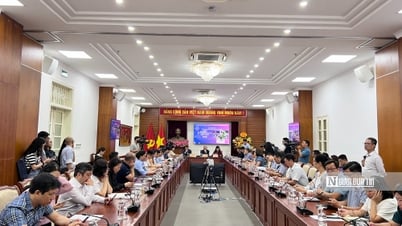


















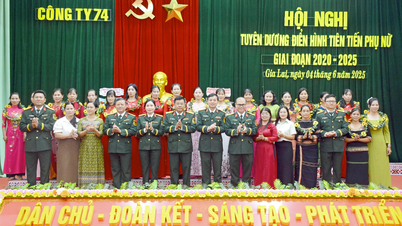







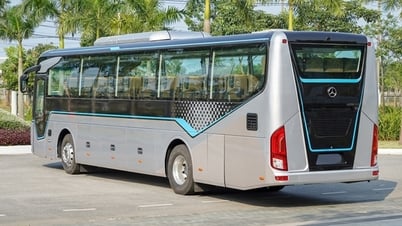

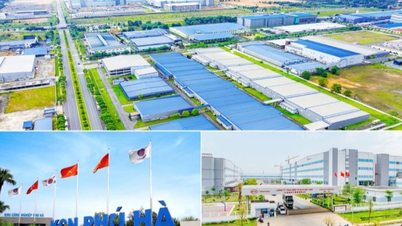







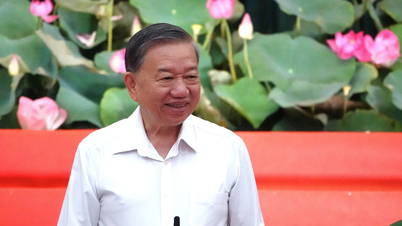

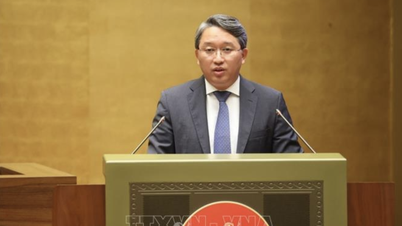



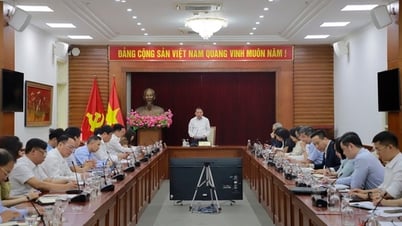
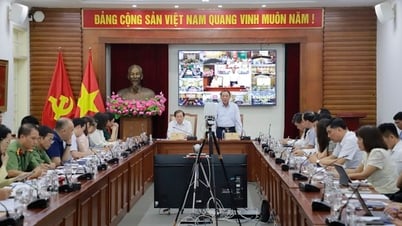






























Comment (0)